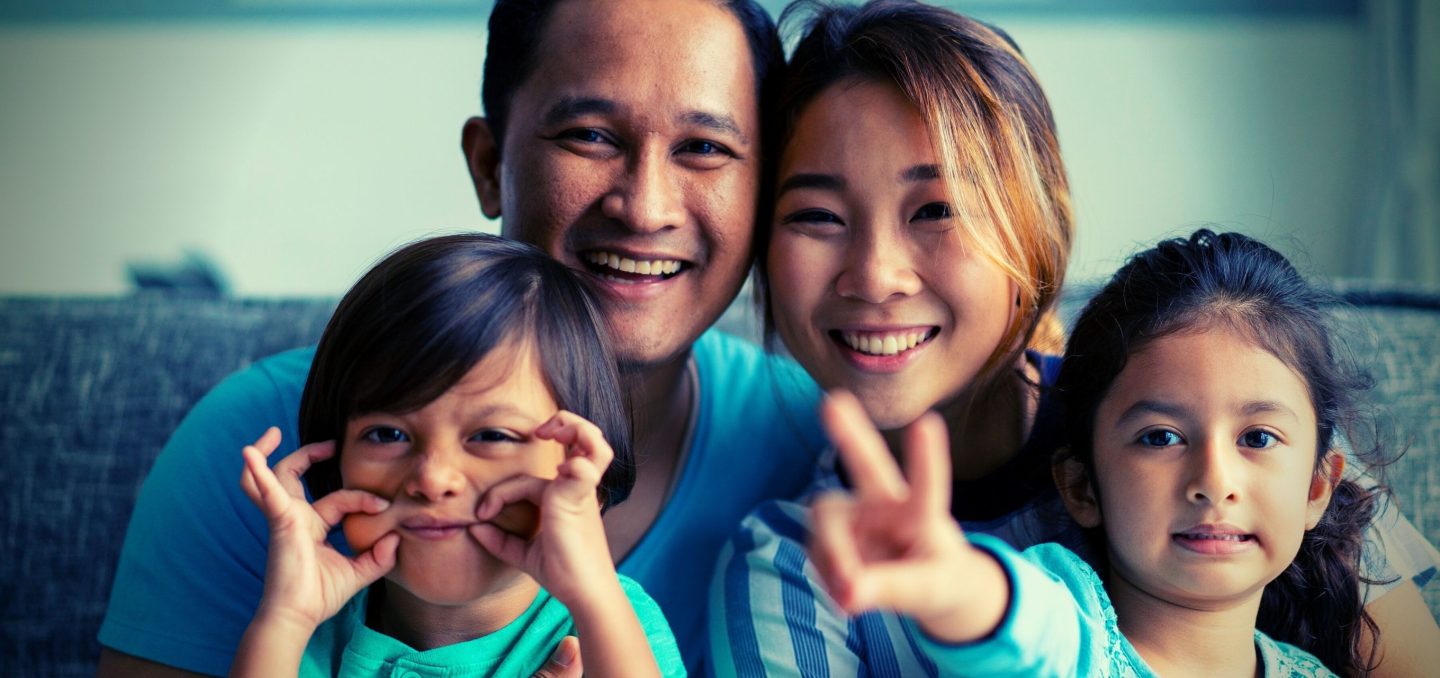NUS Nursing’s SPA App shows positive outcomes for parents
The Alice Lee Centre for Nursing Studies at NUS in Singapore introduces the Supportive Parenting Application (SPA), a groundbreaking tool offering vital support for those navigating the complexities of early parenthood. Developed in response to the unique challenges faced by parents, SPA provides localized guidance through a variety of mediums, such as videos, podcasts, and articles. A team of experts, including obstetricians, psychiatrists, nurses, and midwives from reputable healthcare institutions in Singapore, curates this valuable content.
Key Features
SPA is more than just an information hub. It provides an interactive experience for parents, with features like:
- Tailored Guidance: The app offers insights into parental self-care, baby care tutorials, and effective coping strategies for the psychological and emotional challenges post-birth.
- Community Interaction: A discussion forum allows parents to post queries and engage with each other. The app also features a chat function, connecting parents with trained peer volunteers who provide invaluable emotional support.
Research Findings
Associate Professor Shefaly Shorey and her team at NUS Nursing conducted a comprehensive study, focusing on the effectiveness of SPA during the difficult times of the COVID-19 pandemic. The study observed significant positive outcomes for both parents and infants, including:
- Improved Parental Outcomes: SPA users demonstrated enhanced perceived social support, higher help-seeking scores during the post-childbirth period, and a gradual reduction in depressive symptoms among mothers over time.
- Positive Infant Development: Infants of SPA users exhibited better cognitive, motor, communication, and social skills. This resulted in a notable reduction in the risk of developmental delays compared to infants whose parents did not use the app.
Future Plans
The research team, fueled by the success of the initial study, plans to further enhance SPA. They aim to expand their evaluation to include parents facing psychosocial disadvantages and vulnerable backgrounds, such as those with low socio-economic status or children with special needs. The ultimate goal is to make the SPA and its valuable content accessible to a broader audience of local parents in the coming years.
Assoc. Prof. Shefaly Shorey emphasized, “Our study proved that the mobile health intervention was a good source of evidence-based yet localized information and reliable support to help parents care for newborns and their own emotional and overall well-being.” The SPA app represents a significant leap in leveraging technology to provide holistic perinatal support for parents.



